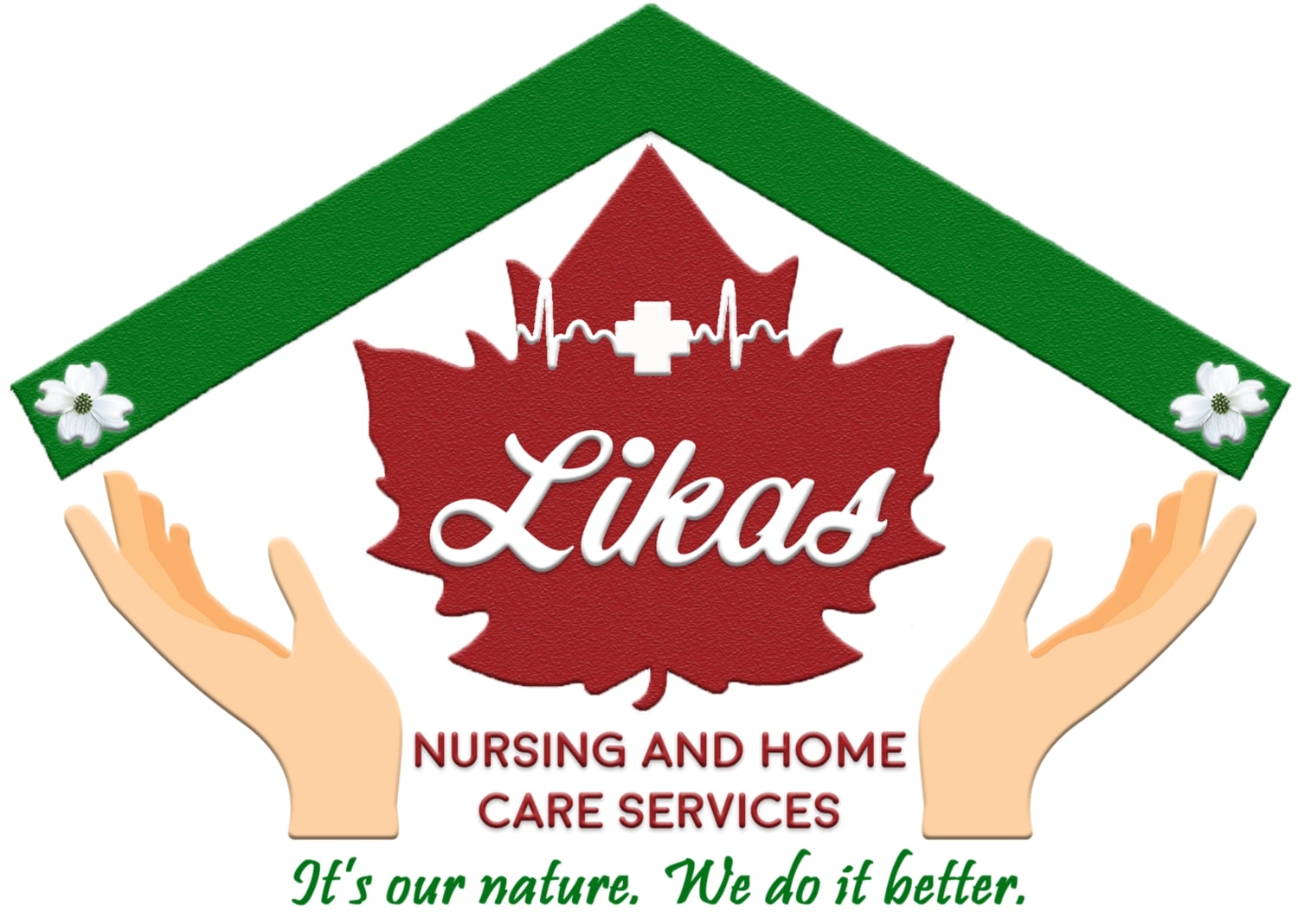
Now that it’s summer, we hope that everyone is enjoying the sun! Warm days are great for spending time at the beach (or poolside), park picnics, and simply being outdoors. (By the way, to protect your skin from the harmful effect of UV rays, don’t forget your sunscreen!) However, it can sometimes get extremely hot during the summer, especially during heat waves.
Elderly people are usually more vulnerable to extreme temperatures, particularly heat, compared to younger individuals. As you age, you lose some of the ability to regulate body temperature. This can predispose to heat stress, dehydration, and even dangerous heat strokes.
In Vancouver, British Columbia, the temperatures this three-month summer are expected to be higher than usual, with predictions for an El Niño year.
Challenges for elderly people during extremely hot temperatures
1. Heat stress and dehydration – The heat stress comes from the body’s inability to efficiently cool down. This also leads to individuals becoming more dehydrated and, because age can also dysregulate the sensation of thirst, this can further lead to inadequate fluid intake.
2. Heat exhaustion and heat stroke – Prolonged exposure to high temperatures can lead to heat exhaustion and heat stroke, both of which can be life-threatening if not promptly managed. Symptoms of heat exhaustion can include headache, nausea, and muscle cramps. Meanwhile, symptoms of a heat stroke can include confusion or altered mental status, loss of consciousness, profuse sweating, hot and dry skin, seizures, and a high body temperature.
3. Cardiovascular and respiratory issues – Extreme heat can further stress the heart and the lungs. This is because the heart has to work harder to circulate blood; this is more evident in people existing heart conditions or high blood pressure. Elderly people who also have respiratory illnesses, such as asthma or chronic obstructive pulmonary disease (COPD), may also have difficulty breathing. This is even worse during combined high heat and humidity.
4. Medication interactions – Some medications taken by older adults, such as diuretics and antihypertensives, can increase the risk of dehydration and electrolyte imbalances in hot weather.
5. Limited mobility and social isolation – Because of limited mobility, seniors may have difficulty finding access to airconditioned areas of even respite from heat. Also, heat waves may discourage them from going outdoors and participating in social activities.
Preventing heat-related illnesses during a heat wave
Here are some tips so that elderly people can avoid becoming ill during extremely hot weather.
1. Stay hydrated and drink lots of fluids, even if you don’t feel thirsty.
2. Avoid going outdoors and any strenuous activities during the hottest parts of the day and instead stay in an airconditioned environment, whenever possible. If air-conditioning is unavailable, you can also visit public places such as libraries, community centers, and shopping malls.
3. Wear lightweight, loose-fitting clothes, and use sunscreen and protective gear (e.g. sunglasses, hat).
4. Learn and remember the signs of heat exhaustion and heat stroke. Remind them to have someone look out for them, as well as possibly arrange transport to a clinic or hospital, if necessary.
5. Keep being informed about the weather forecast, including humidity and maximal temperatures.
Conclusion
Summer is the time of great fun for people of all ages. While the elderly may be more vulnerable to extremely hot weather, staying hydrated and following our other tips on preventing heat-related illnesses will keep you and your loved ones safe this season.



